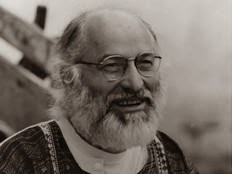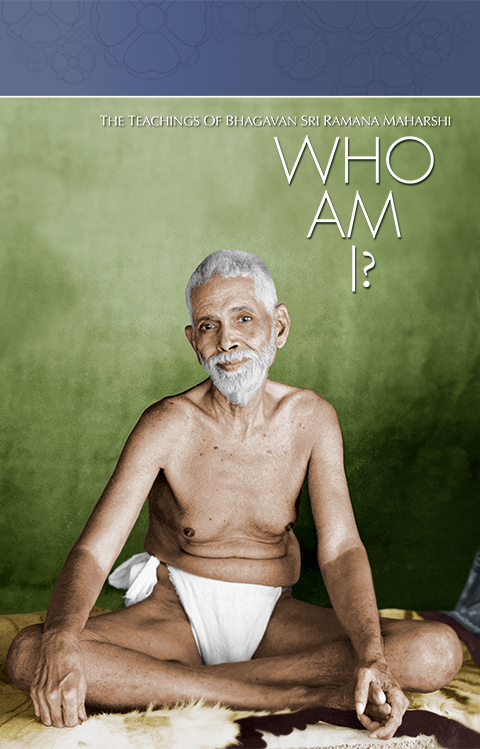Esiste in Cina un libro che rappresenta sinteticamente tutto ciò che sta fra Cielo e Terra, si chiama I Ching, ovvero il Libro dei Mutamenti. Veramente questo libro è un compendio di indicazioni per la vita quotidiana, un prontuario di saggezza attiva. E, come spesso accade, esso affonda le sue radici nell’antichissima tradizione orale cinese. Esso forse più di altri testi raffigura la filosofia di vita e la cultura della Cina partendo dal periodo matristico sino all’affermazione buddista, integrando Confucianesimo e Taoismo in una unità di pensiero e di tradizione.
Trattandosi di un testo proteso a fornire consigli pratici e di comportamento nella vita quotidiana va da sé che Confucio lo ritenesse un libro altamente significativo, tant’è che a questo dedicò molte note e commenti sugli esagrammi.
Con la presa del potere da parte di Mao Tze Dong tale libro, assieme al Confucianesimo stesso, fu salvato e talvolta preso ad esempio di un “comunismo antico” tipicamente cinese. La morale confuciana, come pure quella taoista e buddista, non richiede per la sua affermazione la presenza od il concetto di un dio. La morale secondo Confucio è un metodo per stabilire il benessere sociale delle masse e per mantenere la struttura familiare. L’etica confuciana, in parte somigliante a quella di Francesco Guicciardini, è una esemplificazione ideale basata su norme atte a coagulare la società e renderla prospera, nei suoi vari livelli, mantenendo inoltre una costante sinergia d’intenti fra lo stato ed i sudditi.
Per questa ragione il Confucianesimo non è mai stato sconfessato dal comunismo maoista, anzi Mao ha forse tentato di porsi come un simbolo ininterrotto del buon governo auspicato da Confucio. Che ci sia riuscito e se il popolo lo abbia riconosciuto come tale è un altro discorso.. Sta di fatto che nel solco del pensiero confuciano si può intuire e riconoscere tutto il pragmatismo che contraddistingue anche la Cina moderna.
Se rivolgiamo l’occhio all’insegnamento di Confucio esso ci si presenta libero da ogni collegamento diretto con la divinità, essendo fondato unicamente sulla ragione e sul buon senso. Ed è per questa ragione che da oltre 25 secoli la ragione ed il buon senso sono onorati in Cina come una religione. A questo metodo concreto si son dovute adattare persino altre filosofie più metafisiche come il buddismo, che ha assunto fra le sue regole la pietà filiale ed altre simili norme. E persino le minoranze musulmane e cristiane si sono cinesizzate ad eccezione della componente cattolica romana che presume di dovere obbedienza solo ai dettami del papa di Roma… e questa è la vera causa della cosiddetta “persecuzione” nei suoi confronti, ovvero l’impossibilità da parte del governo cinese di accettare che tale religione sia estranea al contesto interno (si noti che i vescovi e cardinali cattolici vengono nominati dallo stato estero del vaticano)… ma lasciamo da parte queste diatribe che non ci interessano e torniamo al buon Confucio.
La vita di Confucio mostra che egli ha sempre parlato da uomo ad altri uomini e mai come messaggero di una divinità che l’avesse eletto messia o profeta. Egli nacque nella città di Tsan, in Shantung, nel 551 (a.C.) allorché in occidente era da poco deceduto Solone il moralizzatore di Atene ed a Roma Servio Tullio sanciva la costituzione “Tulliana”. Egli fu costretto da necessità pratiche a guadagnarsi la vita e non esitò a svolgere umili impieghi, non sentendo in sé la vocazione all’insegnamento come allora veniva praticata in modo formale. La Cina che già vantava una storia millenaria con tre solide dinastie imperiali stava allora attraversando un periodo di instabilità sociale. Perciò in Confucio predominò, oltre al senso di disciplina e di ordinamento sociale, il culto delle tradizioni familiari e della pietà. Egli si fece conseguentemente conservatore e raccoglitore delle memorie e dei testi sacri che trattavano quei temi. Ma nelle sua opera andò incontro ad avversioni e persecuzioni, come avvenne un secolo e mezzo più tardi in Europa al filosofo Platone. Solo all’età di cinquant’anni Confucio assunse una carica pubblica di un certo rilievo a Ciung-tu, ove divenne Ministro di Polizia, mentre la fama della sua saggezza e della sua eccellente amministrazione si diffondeva in altre province.
Confucio fu un riformatore severo ed energico, nel suo animo prevalevano i consigli della giustizia, perciò gli si formò contro una congiura di ignobili potenti, che talvolta attentarono anche alla sua vita e poi ottennero che egli venissi congedato dal suo incarico. I suoi ultimi anni furono tristi… sebbene gli venisse risparmiata la cicuta. Morì a settantatre anni nel 479 a.C.
Dai suoi insegnamenti traspare che l’uomo fu creato per vivere secondo ragione, cioè lottando contro le forze avverse e basse dell’istinto, e vivendo in accordo con gli altri uomini, seguendo un codice di principi e doveri conformi alla nobiltà e dignità dell’essere umano. Le cinque virtù cardinali dell’uomo per Confucio sono: la bontà, l’equanimità, la convenienza (cioè il pronto adattamento al tempo ed alle circostanze), la saggezza e la sincerità. Ed è soprattutto alla sincerità che egli dedicò le lodi più alte. Egli raccomandò energicamente i doveri verso i parenti, il rispetto e la cura per i più vecchi, la dedizione verso gli amici, la coscienziosità in ogni atto compiuto, l’autocontrollo e la moderazione. “Il bene supremo dell’uomo non è il piacere, né gli onori, né la ricchezza... ma è la virtù, sorgente di ogni bontà”.
Del pensiero antimetafisico di Confucio abbiamo sicuri documenti: il Cielo e la Terra sono i genitori di tutte le creature e questa è anche la sostanza dell’I Ching, ove invece delle preghiere viene indicato il retto comportamento come “bene supremo per l’uomo”. Ed al proposito dell’aldilà egli affermava: “Se non si conosce ancora la vita come si potrà conoscere la morte?”. Personalmente Confucio preferiva l’attenzione rivolta ai fatti concreti dell’esistenza piuttosto che alle meditazioni trascendentali. Egli stabilì una dottrina puramente laica, come diremmo oggi, basata su principi logici, etici, estetici ed intellettivi. Egli a buona ragione può essere definito un precursore e degno rappresentante della Spiritualità Laica.
Confucio ed i suoi seguaci, ovvero la stragrande maggioranza del popolo cinese, disprezzano perciò quel che non è cogente, che non rappresenta un fondamento e non ha radici nella vita comunitaria. Lo “spirito” di Confucio è il risultato dell’analisi comportamentale, psicologica, archetipale dell’uomo. Egli soleva dire: “Io non voglio fare dell’uomo un mistico, quando ne ho fatto un perfetto onest’uomo ciò mi basta”. Assai prima degli stoici greci egli insegnò l’amore per tutto il genere umano e “precorrendo” il cristianesimo disse “Non fate agli altri ciò che non volete fatto a voi!”.
Paolo D’Arpini





